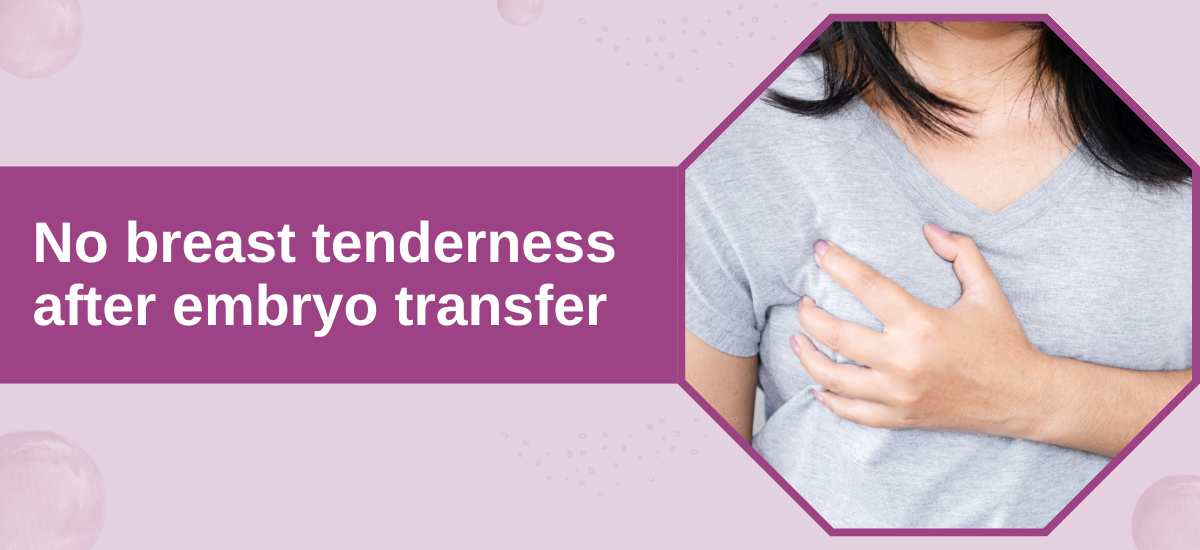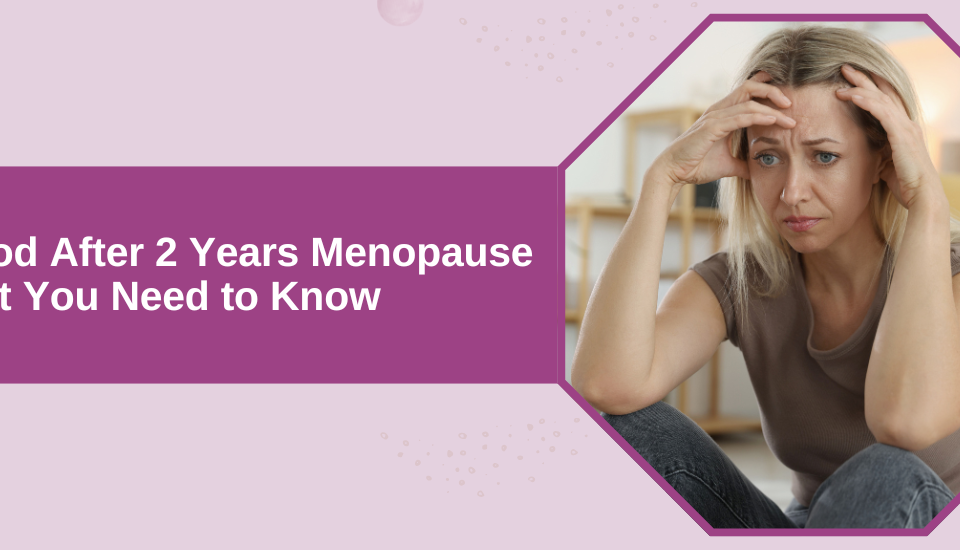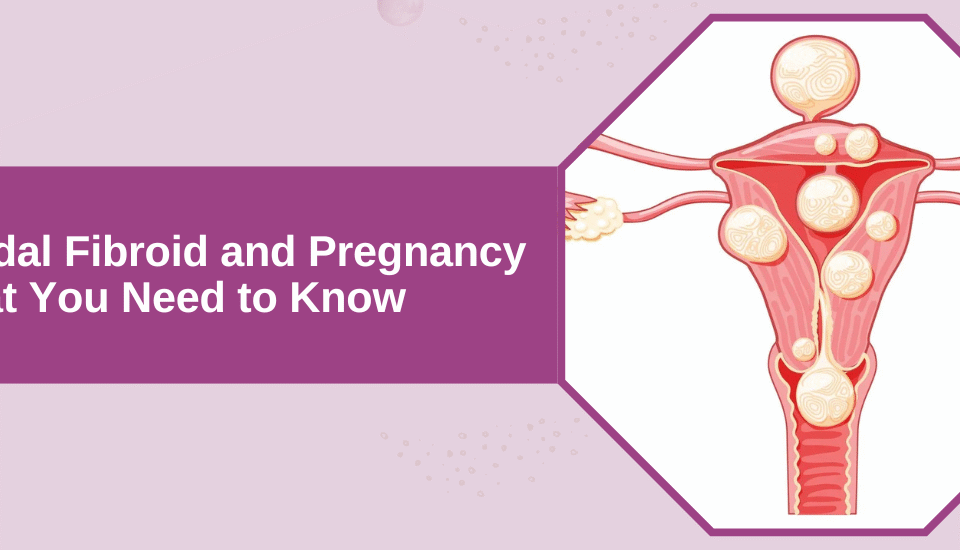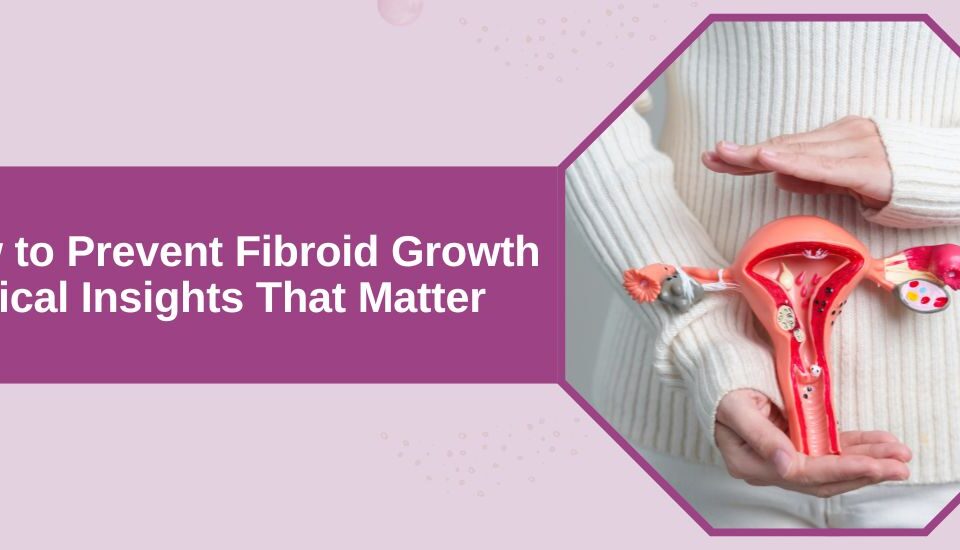- Have any questions?
- +91-98717 17305
- babiesandus12@gmail.com
No Breast Tenderness After Embryo Transfer: What It Means for Your IVF Journey

Recurrent Implantation Failure – Introduction
December 19, 2024
No Period 22 Days After IUI
February 17, 2025Embarking on the IVF journey is an emotional and physical rollercoaster. One common symptom women look for after an embryo transfer is breast tenderness, a typical sign of hormonal changes. But what happens when there’s no breast tenderness after embryo transfer? Many women feel anxious if they don’t experience the expected signs. Does the absence of this symptom mean something has gone wrong, or is it perfectly normal?
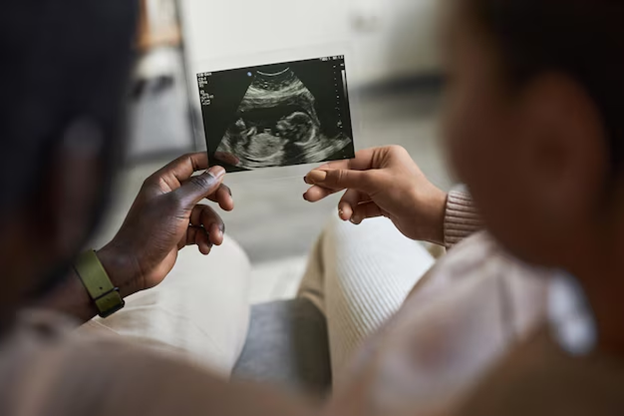
In this article, Dr. Hrishikesh Pai, a leading IVF doctor at Babies & Us Fertility IVF & ICSI Center will explore why you may not have breast tenderness after an embryo transfer, what it means, and when you should be concerned.
Is No Breast Tenderness After Embryo Transfer Normal?

The short answer is yes, it can be completely normal not to experience breast tenderness after an embryo transfer. While breast tenderness is a common early pregnancy symptom, especially in women undergoing hormone treatments, not all women will experience it. In fact, pregnancy symptoms vary widely from woman to woman.
After an embryo transfer, many women are hyper-aware of every bodily change, and the absence of typical signs can lead to anxiety. However, it’s important to remember that everybody reacts differently to pregnancy and fertility treatments. The absence of breast tenderness is not an indicator that the embryo transfer has failed.
Are you feeling anxious after your embryo transfer? Speak with our fertility experts at Babies & Us to get personalized advice and reassurance during your IVF journey.
Causes of No Breast Tenderness After Embryo Transfer
There are several reasons why you might not experience breast tenderness after an embryo transfer. These include:
1. Individual Body Response: Every woman’s body reacts differently to hormonal changes, including the ones triggered by IVF medications. For some, the increase in progesterone may cause breast tenderness, while others may not notice any discomfort at all.
2. Hormone Levels: IVF treatment involves a complex regimen of hormones. Depending on how your body processes these hormones, breast tenderness may or may not develop. Hormonal fluctuations that cause breast soreness in some women may go unnoticed by others.
3. Timing: Breast tenderness typically occurs due to rising progesterone levels after ovulation or embryo implantation. For some women, symptoms may appear later in pregnancy, or not at all. If you’ve recently undergone an embryo transfer, it may simply be too early for symptoms to appear.
What Does It Mean? Is It a Positive or Negative Sign?

The absence of breast tenderness is not necessarily a negative sign. Many women who have successful embryo transfers and go on to have healthy pregnancies report little to no symptoms early on. It’s crucial not to rely solely on physical signs when determining the success of your IVF treatment.
Remember, pregnancy symptoms can be influenced by factors such as:
– The type of fertility medications used
– Your body’s unique reaction to these medications
– The timing of your hormone levels post-transfer
In short, no breast tenderness after embryo transfer doesn’t automatically indicate a failed implantation. The best way to assess the success of your embryo transfer is through medical tests, such as the beta hCG blood test, typically done 10-14 days after the transfer.
Curious about what happens after an embryo transfer? Our dedicated team is here to guide you through each stage of your IVF journey.
What Should I Do?

If you notice a lack of typical symptoms, it’s natural to feel worried, but try to stay calm. Here’s what you should do if you’re concerned:
1. Wait for Your Scheduled Tests: The most reliable way to confirm pregnancy is through blood tests, not symptoms. Don’t rely on how your body feels during the two-week wait (TWW). The beta hCG test will provide clear information on whether or not implantation was successful.
2. Avoid Overanalyzing Symptoms: IVF medications and early pregnancy can cause a wide range of symptoms—or no symptoms at all. Overanalyzing every ache or change can lead to unnecessary stress.
3. Consult Your Doctor: If you’re feeling particularly anxious, don’t hesitate to reach out to your fertility clinic. They can provide reassurance or conduct any necessary tests to give you peace of mind.
Conclusion
In the world of IVF, no two experiences are the same. Some women experience breast tenderness and other early pregnancy symptoms after an embryo transfer, while others don’t. The absence of breast tenderness after embryo transfer is not necessarily a cause for concern and does not indicate failure. Your body is unique, and symptoms—or lack thereof—are not the only indicators of success.
The most important thing is to trust the process, follow your doctor’s advice, and wait for the confirmed results from medical testing. Stay positive, and remember that you’re not alone on this journey.
Ready to begin your IVF journey? Contact us to learn more about how we can help make your dreams of parenthood come true.
FAQs
When does breast tenderness after embryo transfer start and stop?
Breast tenderness can start anywhere from a few days after the embryo transfer, particularly if you’re taking progesterone supplements. However, some women may never experience this symptom. If tenderness does appear, it may continue throughout early pregnancy or disappear after a few weeks.
Is no breast tenderness after embryo transfer a sign of failed implantation?
Not necessarily. Many women who experience successful implantation report no breast tenderness. Relying on symptoms alone can be misleading. It’s best to wait for a blood test to confirm pregnancy.
What are other early signs of pregnancy after embryo transfer?
Other signs can include mild cramping, spotting (also called implantation bleeding), fatigue, and changes in appetite. However, these symptoms are not universal, and some women may not notice any changes at all.
Should I be worried if I have no symptoms after embryo transfer?
No, it’s important to remember that everyone’s body reacts differently. Some women may experience obvious symptoms, while others don’t notice much change. The best indicator of pregnancy success is your scheduled beta hCG test, not the presence or absence of symptoms.
References
https://www.asrm.org/topics/topics-index/ivf
https://www.mayoclinic.org/tests-procedures/embryo-transfer/about/pac-20384717

